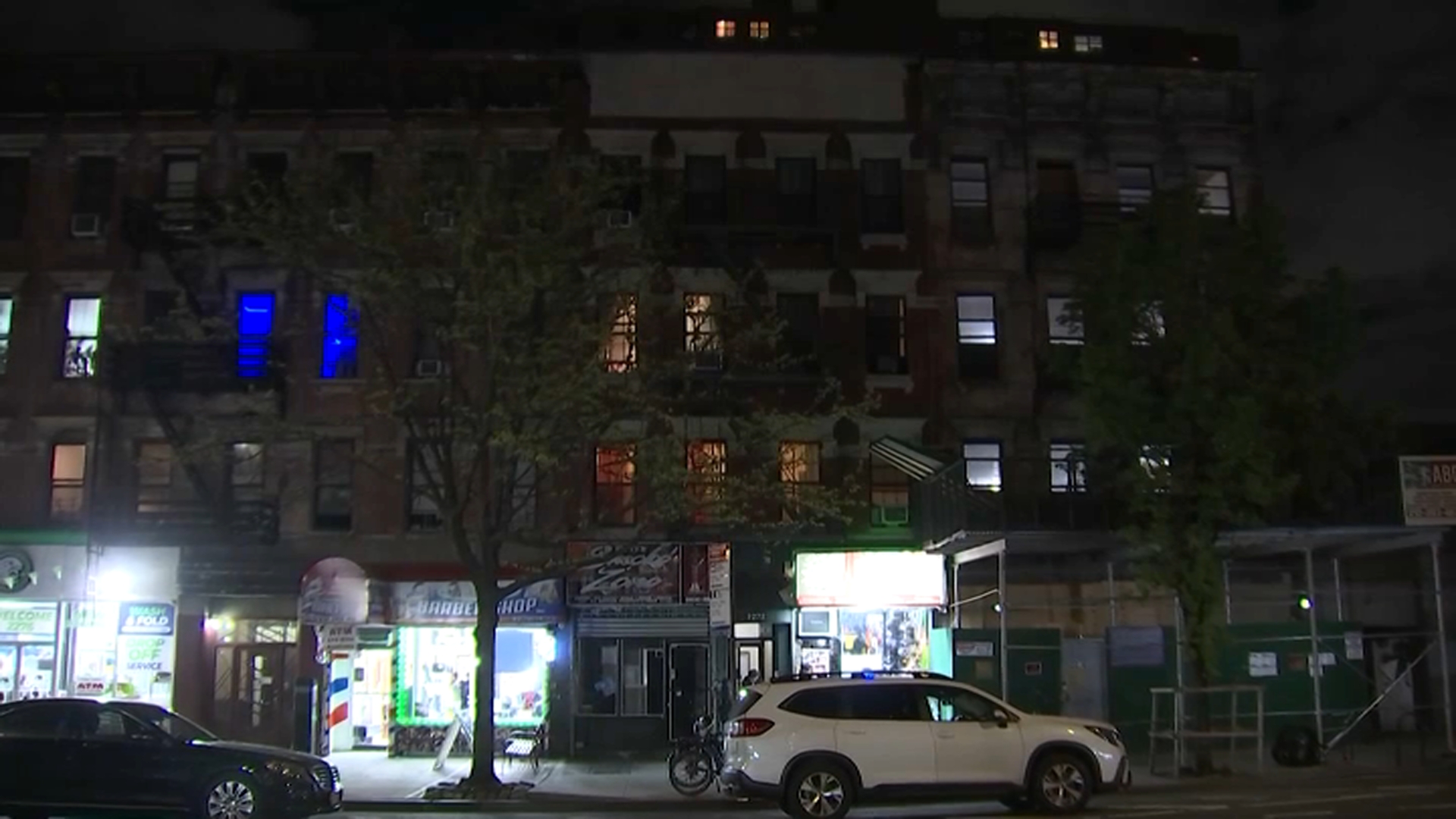For all New Yorkers it was the day that changed our lives.
For the first time we felt vulnerable. The planes that hit the World Trade Center hit us too -- in the gut. I remember walking through lower Manhattan on that anxious morning. People thronged the streets as usual -- but their strides were measured. Their faces showed anxiety. I could see shock and sadness and perhaps fear.
We didn’t know whether the attackers would strike again. We didn’t know how safe New York was from new assaults.
On lower Park Avenue, in the uptown lane, I saw a soldier dressed in full uniform walking along with the traffic. He had on combat boots and a camouflage uniform and around his shoulders was draped a huge American flag.
He ignored the cars around him and kept marching uptown -- as though he was part of a large group of soldiers. In his mind, he clearly was part of the traffic and an immense, unseen army of Americans across the country who had been assaulted on this day. I asked him why he was marching and he replied:
“I want to let people know that we’re here, that we’ll protect them.”
On that fateful morning, I went into a tiny coffee shop down on Chambers Street a few blocks from the disaster. I joined two persons who had just come from the trade center. They were late for work so they never got inside the North Tower. They were lucky.
One of these refugees, a woman, wondered what had happened to her friends. They worked on one of the higher floors in the trade center. She said: “I hope they got out in time.” At this point, about two hours after the planes struck, we didn’t know the full dimensions of the tragedy.
Local
Father Mychal Judge, the Fire Department chaplain, was among the 343 members of the department to perish in the building. He had just given last rites to a fire fighter. I remembered Father Judge in Jerusalem when my young son--whose name is Michael too--had an asthma attack. He was most concerned and most attentive to the Pressman clan.
Somewhere in Manhattan another New Yorker named Henry reflected on that day’s attack. “Not only is the destruction and misery bad,” he said. “But things will never be the same again.”
It was the greatest loss of civilian life in a single tragedy in New York’s history. T he death toll was 2,819. When the steamboat General Slocum burned in 1904, there were 1,031 deaths. In the cholera epidemic in the mid-1800s, more than 2,500 died.
But this was a deliberate attack on New York. It left deep scars on many families. It changed our lives fundamentally. And, indeed, things will never be the same again.



